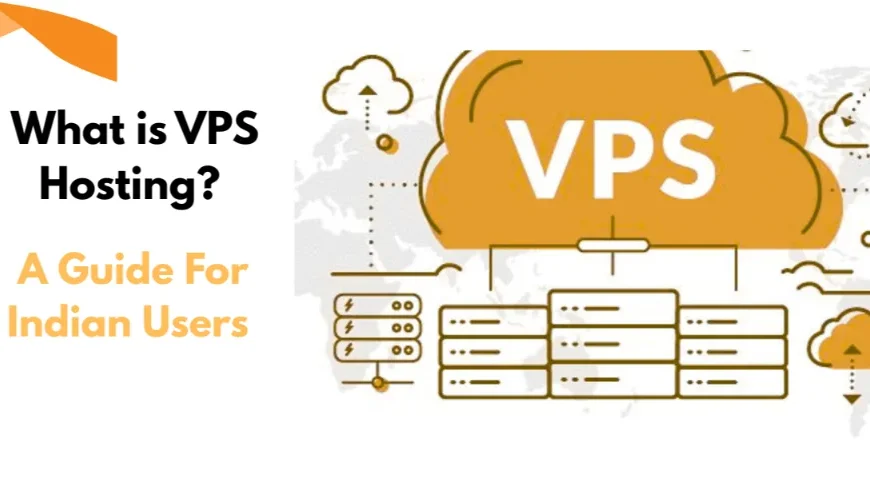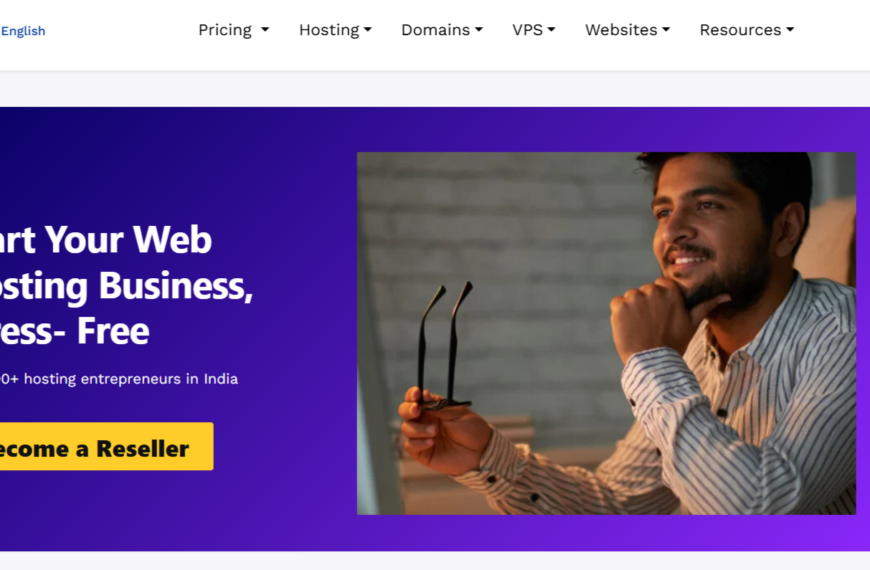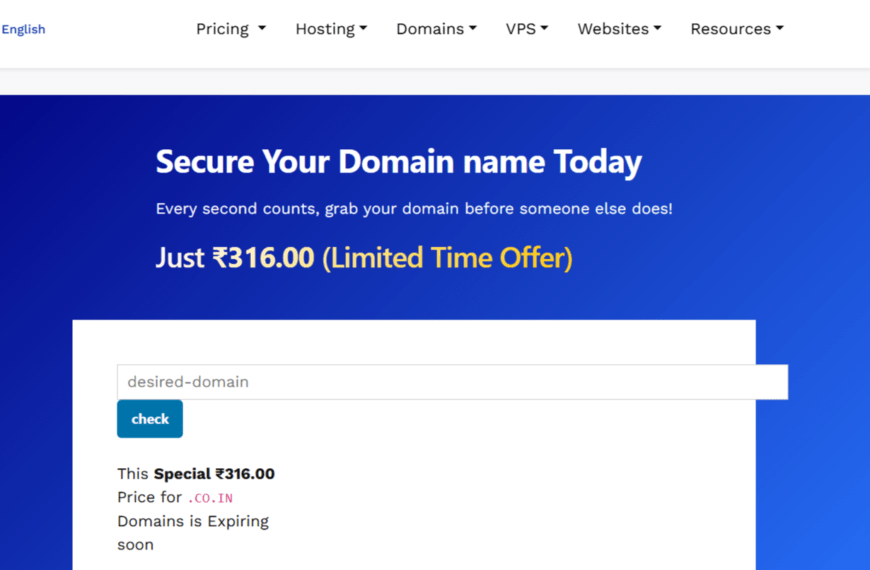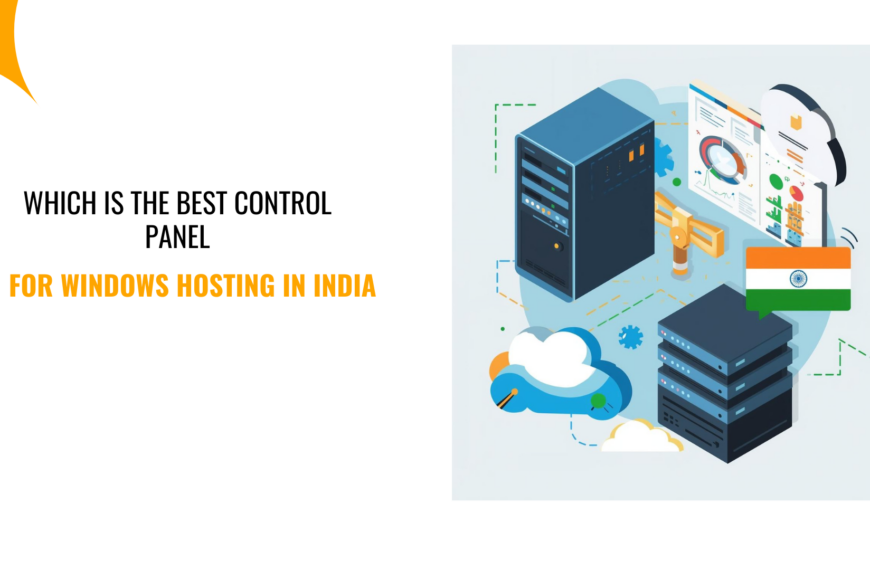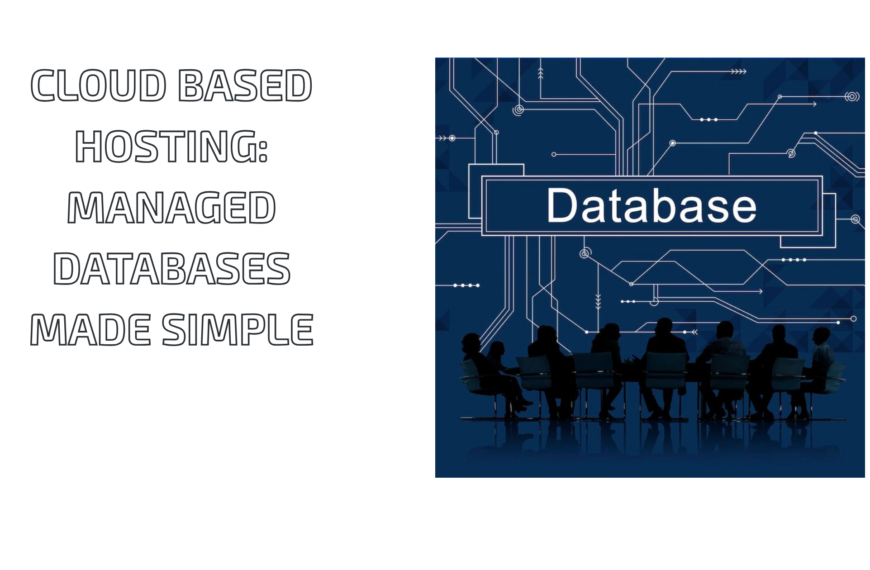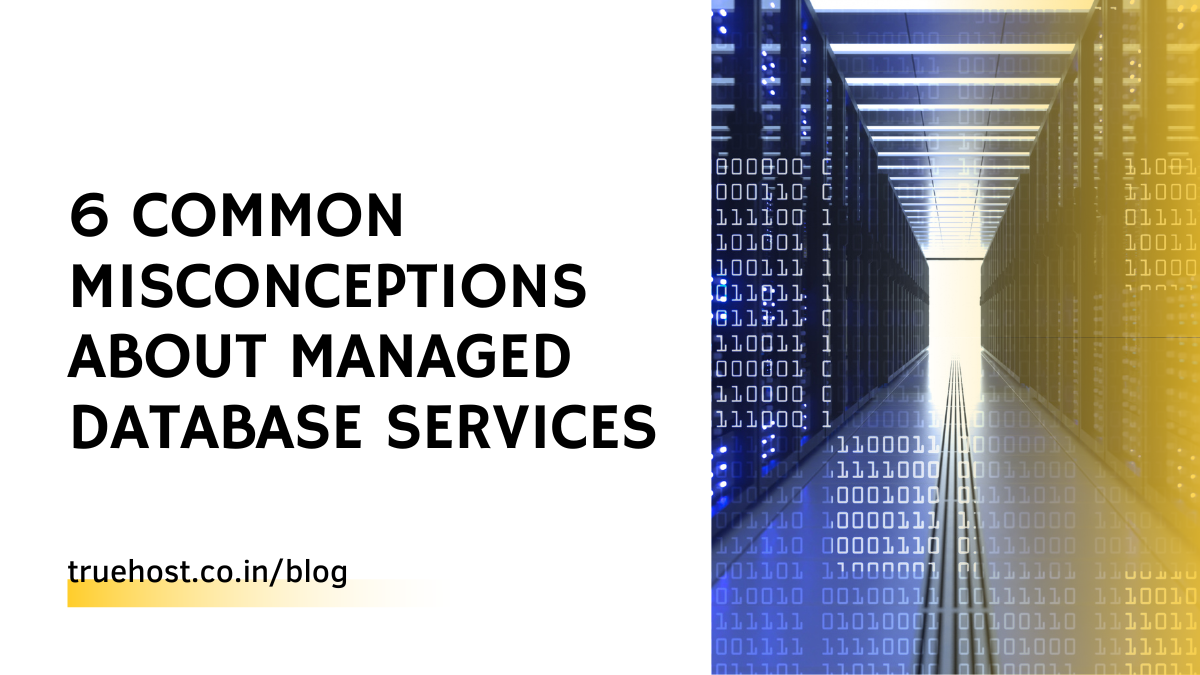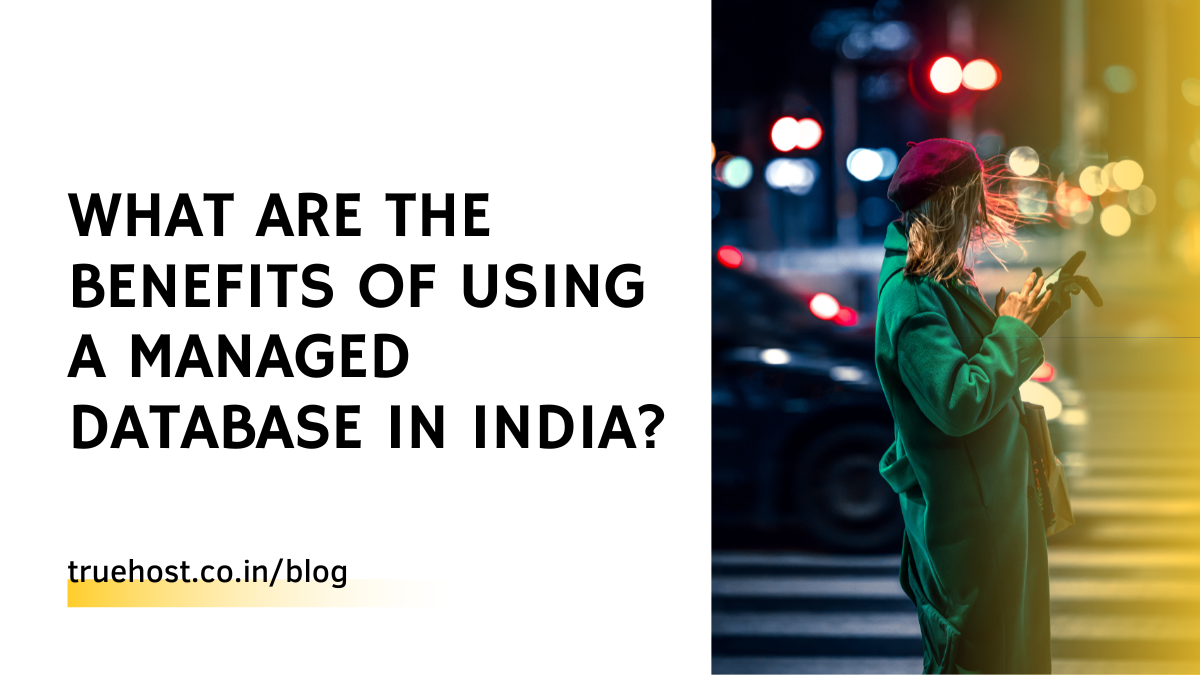If you’ve heard about managed databases in India, you might have started looking for the best provider.
The process can be overwhelming especially when there are several providers screaming for your business.
Most of these providers will offer the same services, but only a few will prove to be reliable. Therefore, it’s important to consider factors that make a provider the best managed database service in India.
I hope by reading this guide, the path will be illuminated. And you can make an informed decision that will benefit your business.
But before we get into it, let’s first make sense of your decision to go with a managed database.
Why Managed Database in India?
Managed databases take the headaches out of database management so you can focus on your business.
Essentially, a managed database service provides a fully managed environment for your database, meaning the provider takes care of all the tedious and time-consuming tasks associated with keeping your database up and running. This includes patching, backup and recovery, monitoring, and more.
With a traditional, self-managed database, you are responsible for all of these tasks yourself. This can be a huge time sink, particularly if you don’t have a dedicated DBA on staff.
It can also be expensive, as you may need to purchase additional tools and services to manage your database effectively.
A managed database service can save you both time and money by taking care of all the heavy lifting for you.
But all of these won’t mean a thing if you pick the wrong partner.
Read also: What are the Benefits of Using a Managed Database in India?
The 5 Key Questions to Ask
1. What Database Types Does the Provider Support?
There are many different types of managed database providers, and each one offers different features and capabilities. It’s important to choose a provider that supports the type of database you need. Here are some of the most common types of databases:
- Relational databases: These are the most common type of database, and they store data in tables with rows and columns. Relational databases are easy to use and understand, making them a good choice for small businesses.
- NoSQL databases: These databases don’t use traditional table structures. Instead, they store data in documents, making them more flexible and scalable than relational databases. NoSQL databases are a good choice for large businesses that need to process a lot of data quickly.
- In-memory databases: These databases store data in memory, making them much faster than other types of databases. In-memory databases are a good choice for businesses that need real-time data access.
2. What Is the Provider’s Uptime SLA?
When you are looking for a managed database provider in India, one of the things you will want to find out is what their uptime SLA is. This is the amount of time that they guarantee their servers will be up and running.
It is important to find a provider that has a good uptime SLA because if your database is down, your whole business can grind to a halt.
Ideally, you should look for a provider that offers an uptime SLA of 99.99%. This means that their servers will be up and running 99.99% of the time.
There will be occasional downtime for maintenance and updates, but it should not be more than a few minutes at a time.
3. What Is the Provider’s Backup and Disaster Recovery Plan?
When considering a managed database provider in India, it is important to find out what their backup and disaster recovery plan is. This will ensure that your data is safe in the event of an emergency.
There are two main types of backup plans: full and incremental.
With a full backup, all of the data on the server is copied to a secondary location. This can take a long time and use up a lot of storage space. An incremental backup only copies new or changed data since the last backup, which is much faster and uses less storage space.
The disaster recovery plan should be tested regularly to make sure it works as expected. The provider should also have a plan for how to quickly get the system back up and running in the event of an actual disaster.
4. How Much Does the Provider Charge?
There are a few different ways that providers can charge for their services. Some providers charge by the hour, while others charge a flat monthly fee.
Hourly rates can vary widely, depending on the provider and the type of service you need. If you only need occasional help with your database, an hourly rate may be the best option.
However, if you need ongoing support, a flat monthly fee may be a better value.
When comparing prices, be sure to ask about any additional fees that may apply. Some providers charge extra for things like backups and data recovery.
Others include these services in their basic price.
Be sure to ask about all potential fees before making your decision.
5. How Does the Provider Handle Security?
Your database is one of the most important parts of your infrastructure, so it’s critical to choose a provider that takes security seriously.
Here are some questions to ask when evaluating a provider’s security posture:
- How does the provider handle authentication and authorization?
- What kind of encryption does the provider use?
- How does the provider handle backups and disaster recovery?
A good provider will have robust authentication and authorization controls in place to prevent unauthorized access to your data.
They should also use industry-standard encryption to protect your data while it’s in transit and at rest.
Finally, they should have a well-defined backup and disaster recovery plan to ensure that your data is always available.
The Bottom Line
In the business world, time is money. That’s why managed database providers are so popular among companies that don’t have the in-house resources to manage their own databases.
Managed database providers in India take on the responsibility of maintaining and managing a company’s databases, freeing up the company’s staff to focus on other tasks.
There are many managed database providers to choose from, so how do you know which one is right for your company?
The answer lies in understanding your company’s specific needs and goals. Once you know what you’re looking for, you can start narrowing down your options.
The bottom line is that choosing the right managed database provider in India is essential to keeping your business running smoothly. With so many options available, taking the time to find the right provider will pay off in the long run.
That said, you can check out our managed database services here.
 Web HostingBudget-friendly shared hosting plans
Web HostingBudget-friendly shared hosting plans Domains SearchFrom .com to unique country domains, explore and register extensions worldwide.
Domains SearchFrom .com to unique country domains, explore and register extensions worldwide. WordPress HostingPower your blog or business with WordPress hosting.
WordPress HostingPower your blog or business with WordPress hosting. Email HostingSimple, secure email hosting that helps you stay connected and professional.
Email HostingSimple, secure email hosting that helps you stay connected and professional. Reseller HostingStart your own hosting business with easy and reliable reseller hosting plans.
Reseller HostingStart your own hosting business with easy and reliable reseller hosting plans. AffiliateJoin our affiliate program and earn commissions every time you bring in new customers.
AffiliateJoin our affiliate program and earn commissions every time you bring in new customers. cPanel HostingHosting powered by cPanel, the world’s most user-friendly control panel.
cPanel HostingHosting powered by cPanel, the world’s most user-friendly control panel. Windows HostingBuilt for Windows applications and websites
Windows HostingBuilt for Windows applications and websites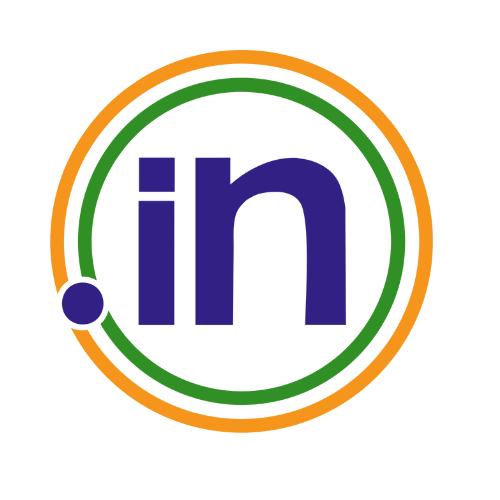 IN Domain PricesDon’t miss out on the best domain deals in India!
IN Domain PricesDon’t miss out on the best domain deals in India! WHOIS LookupFind out who owns a domain name with a quick and easy WHOIS search.
WHOIS LookupFind out who owns a domain name with a quick and easy WHOIS search. Domain TransferTransfer your domain to us and enjoy reliable support every step of the way.
Domain TransferTransfer your domain to us and enjoy reliable support every step of the way. .Com DomainGet the most trusted domain for worldwide credibility
.Com DomainGet the most trusted domain for worldwide credibility All TldsSearch and register domain extensions worldwide.
All TldsSearch and register domain extensions worldwide. Managed VPS HostingNot a tech expert? Choose our fully managed VPS service.
Managed VPS HostingNot a tech expert? Choose our fully managed VPS service. Dedicated ServersTake full power and total control of your own physical server.
Dedicated ServersTake full power and total control of your own physical server.
